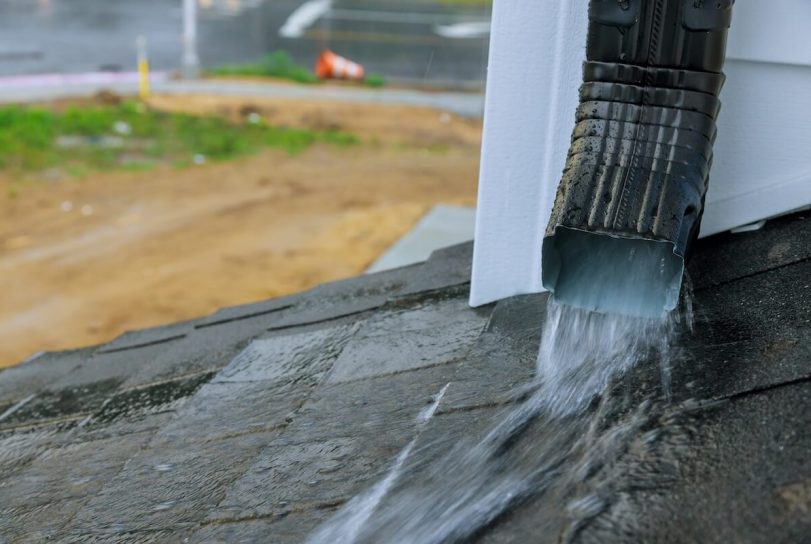You have most likely experienced heavy rainfall in your home at one time or another. While typical rain isn’t considered to typically be a sign of significant disaster, severe amounts of heavy rainfall can ultimately cause big long-term damages to your household’s plumbing system.
In this post, we highlight ways and prevention tips to effectively help you be more informed about the potential dangers that are caused by heavy rainfall in your area.
1. In the event of a flood, water can seep through even the smallest cracks in your home’s foundations and septic systems.
2. Flood water is usually laden with contaminants that may have been carried from other areas by roadways or sewers. These contaminants include gasoline, oil and raw sewage which can be harmful to you and your plumbing system.
3. If there is a power outage during a heavy rainfall period, your sump pump will not work, so there will be nowhere for all of the accumulated rainwater to go but up through your drains and into your home’s interior!
4. In general, any time it rains heavily, sewer lines may gestate and cause a backup of sewage. The impact of this is that it ultimately causes congestion, ultimately resulting in it impacting your own home’s plumbing system.
5. There is a higher risk of your septic tank being overworked and the sludge from entering the drainage system, which can be harmful to nature’s environment, including water quality.
6. In addition to flooding, your home may experience more small leaks in your foundation or basement if there is continuous exposure to prolonged periods of heavy rainfall.
7. If you have a well at home that has been flooded with rainwater, it could damage the pump, hose and even some structural parts of the well itself.
8. Your roof will take more wear and tear during a period of heavy rainfall because it needs to fight against heavier wind speeds while still allowing ventilation for hot air trapped inside.
9. Gutters and downspouts are often not designed to handle the large amounts of water that can fall in a short period of time, so they can overflow and send water spilling onto your home’s foundation and landscaping.
10. Pipes which freeze during cold weather may not be able to withstand the pressure caused by rapidly melting ice when heavy rainfall begins. This can lead to burst pipes and extensive water damage in your home.
Avoiding water damage during a heavy rainstorm is nearly impossible, but there are some precautions you can take to minimise the risk.
Make sure you have a functioning sump pump and check that all drains are clear before any storms hit. If you do experience water damage, be sure to call an emergency plumber in your area as soon as possible!

